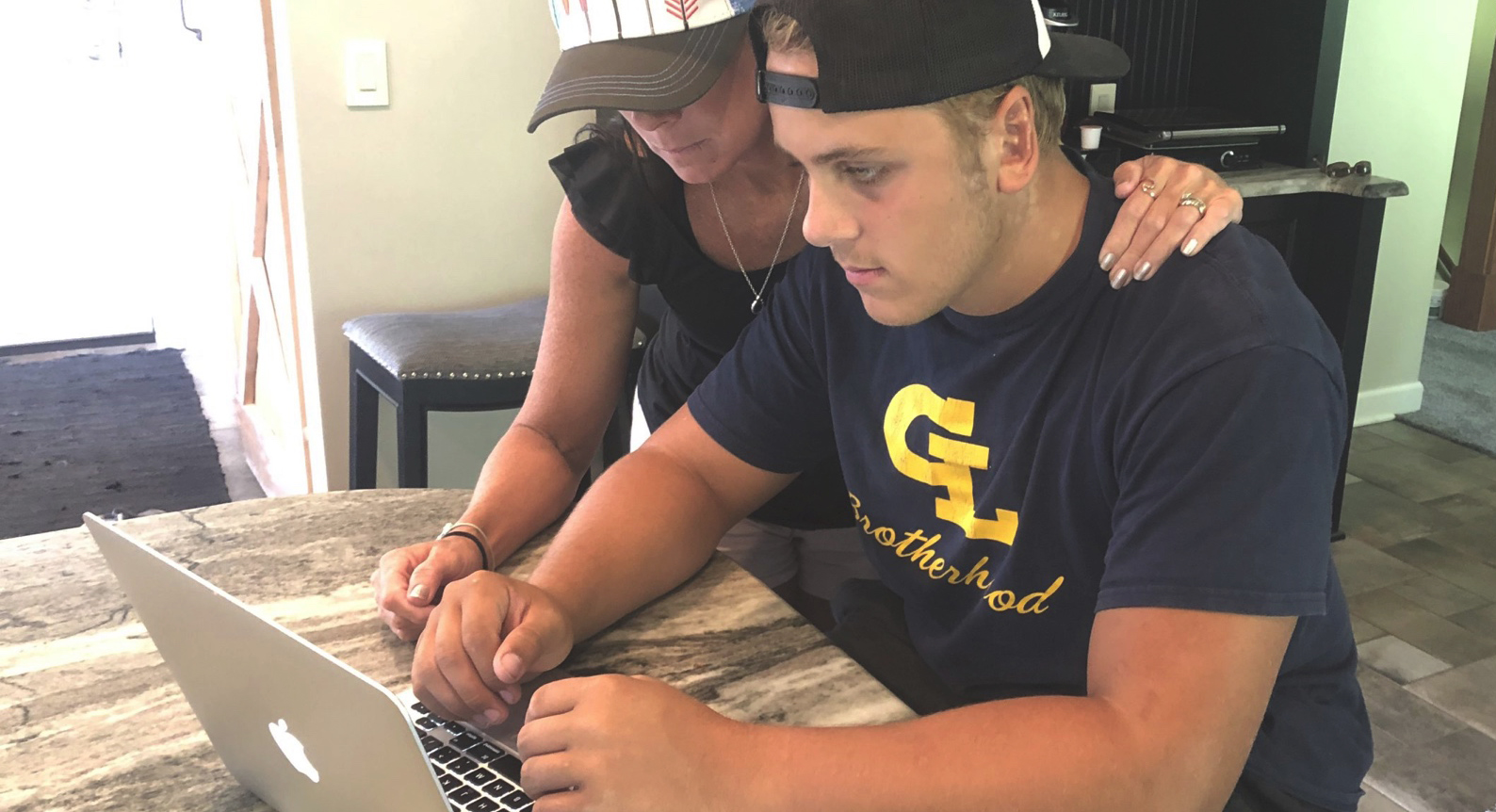Fall and back-to-high-school comes with it a host of challenges in the best of times. Among social pressures and hormone shifts, AP Classes, extra-curricular activities, SAT and ACT prep are all in play. And our teens? It can be downright overwhelming. How can we, as parents, help? Here are three pieces of advice some teens I spoke to shared.
 Be There for Them
Be There for Them
The number one concern teens shared with me was knowing what to do if they are struggling in class. Teens are also worried about hours spent sitting at a computer, learning partially on their own. Social time with their peers is another concern, and not just to have fun. They are worried about being isolated—and paradoxically they are concerned about not having enough time alone while class is in session in the home.
The upside? Our kids are being presented with a huge opportunity for growth. Our job? Every teen I talked to said, “I need my parents to help me figure what to do if I am struggling.” That is to say, they don’t want you to jump in and fix it, they want you to help them figure out how to solve it on their own.
Understand the Oscillating Family Narative
According to research done by the New York Times, storytelling and family history lessons may well be the vehicle to do that. The research showed that sharing an oscillating family narrative was most effective for fostering resilience. Essentially, the family story closest to the truth. Meaning, not everything has been good, not everything is bad.
In 1996, I graduated with my nursing degree into a state-wide hiring freeze. Nothing I had worked hard for—my 4.0, clinical awards, or excellent references helped me land work. I told that story to my anxious graduating college senior a few weeks ago. It helped. In other words, knowing that I had struggled helped him believe that when he inevitably struggles, he will also survive. Helping your teens connect situations now to those in your collective history may help teens reduce stress and anxiety.
Stop Talking, Start Listening
Stress comes to families in an array of areas—economic, lifestyle changes, family dynamics, isolation, and change in work/school environments. Meanwhile, our teens are not immune to these stressors. As adults, overlooking a teen or pre-teen’s concerns as inconsequential can be automatic. Instead, parents can effectively use open-ended questions when discussing the big issues with their teens—and then, listen. The kids I chatted with said they sometimes have different opinions than their parents and they want to be heard. Don’t we all?
In the end, this is new for all of us. Don’t underestimate your role in your teen’s success this school year. You are important, and they need you perhaps now more than ever.










